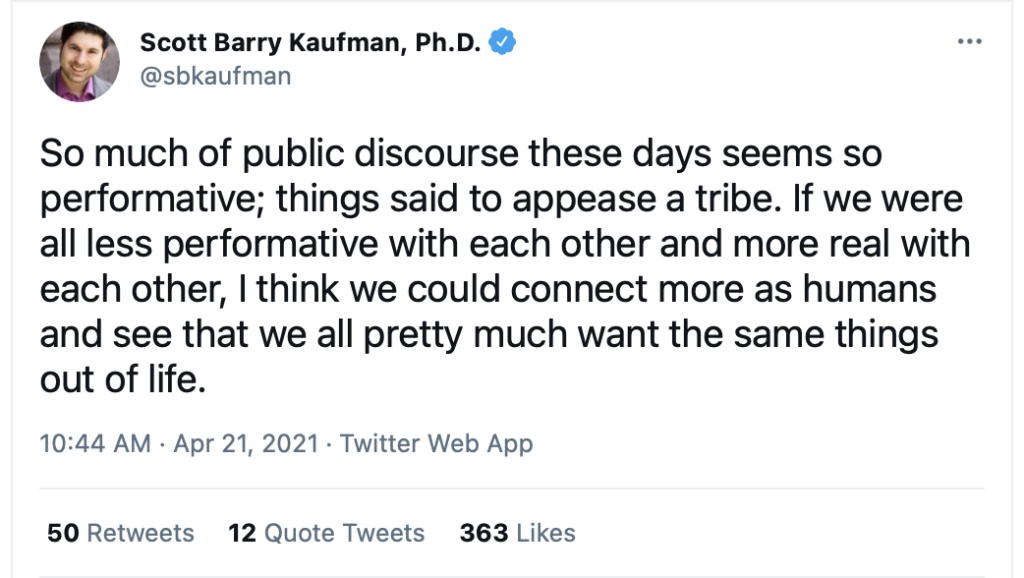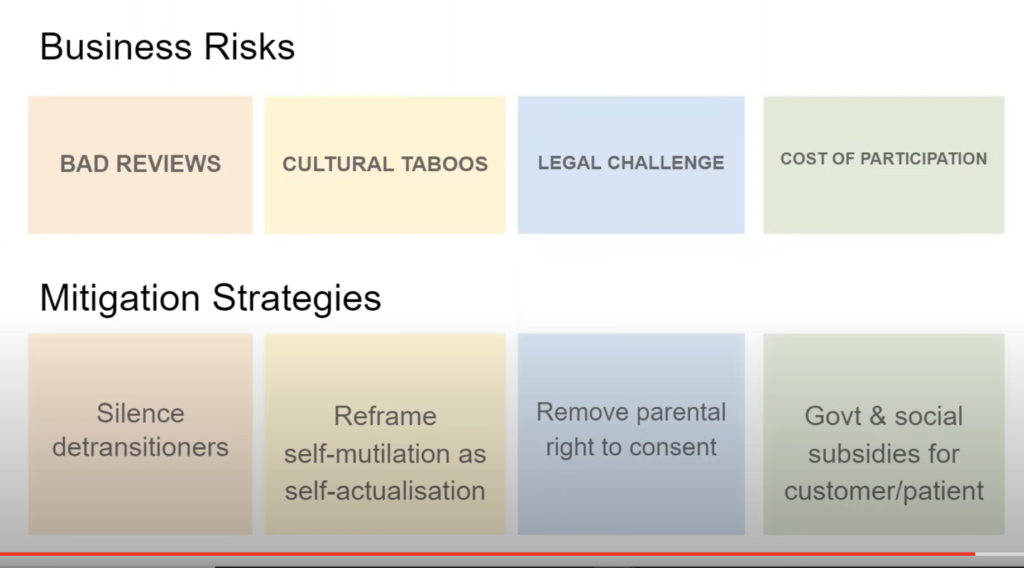A Non-Carpenter Looks Closely at Carpentry
My deck boards kept rotting through, so I decided to switch to "no maintenance" composite decking, which comes with a 25 year guarantee. I fix a lot of things at my house, but I suspected that the joists were rotted out and that work is over my head. Luckily, my favorite carpenter, "Matt," had a couple days open. He allowed me to be his carpenter's helper for 12 hours yesterday.

It's amazing to watch a professional carpenter solve challenge after challenge, many of them not obvious to non-carpenters until pointed out. This was notably imperfect existing construction that needed to be torn out. I helped to cut material, make runs to the hardware store, and carry around a lot of material, including 60 lb joists. I was mesmerized by Matt's physical stamina and his thought process as much as his skills in fitting things together into a rock solid new deck and perfect new set of stairs. Even setting up requires unloading and moving probably 700 pounds of equipment off the truck. It also involves significant planning, because getting the job done uses up lots of supplies, including blades and bits. He needs to stock an entire workshop on his truck, including backup tools.

I got back to my routine today, but Matt does this every day. His job requires skills honed over a lifetime and constant physical exertion where mistakes can be expensive and sometimes dangerous. So kudos to those of you who do physically demanding high-skill work. These are people (including carpenters, plumbers, electricians, auto mechanics and many others) with a central role in keeping this country running. Maybe it's time to set aside a day in their honor . . .



